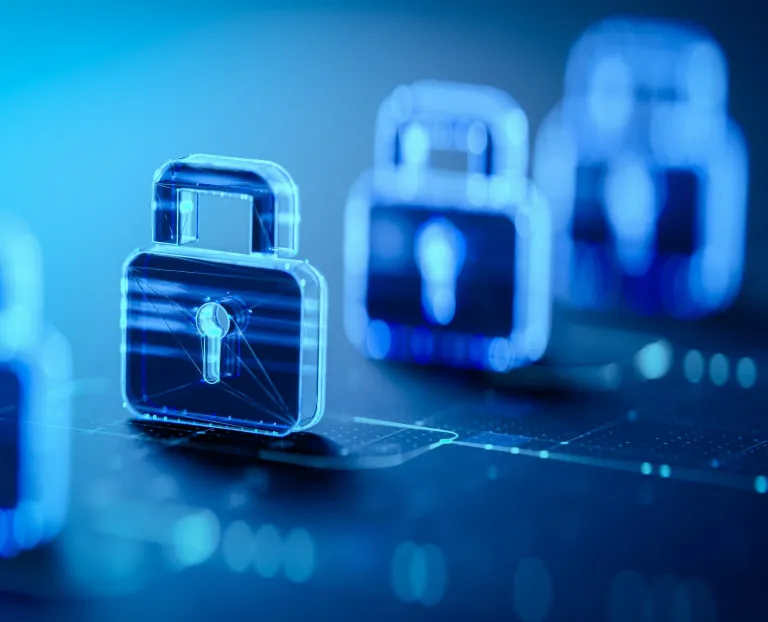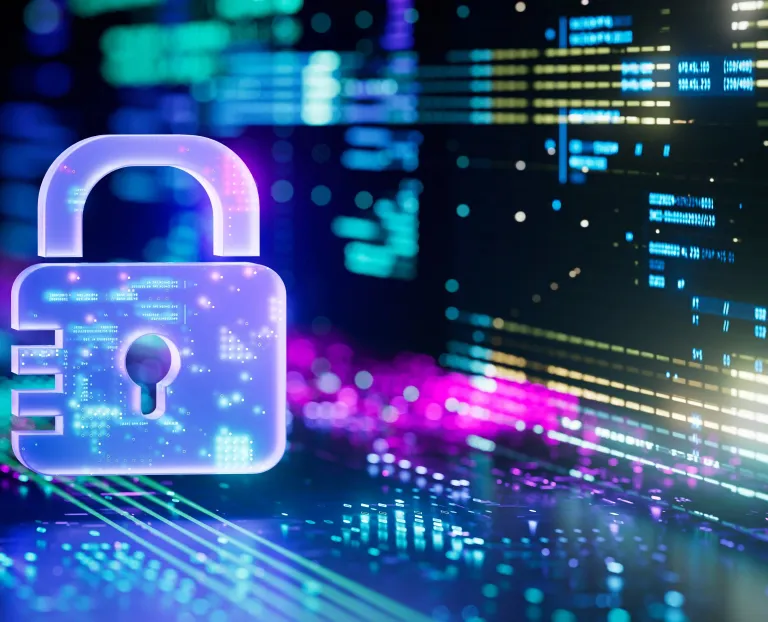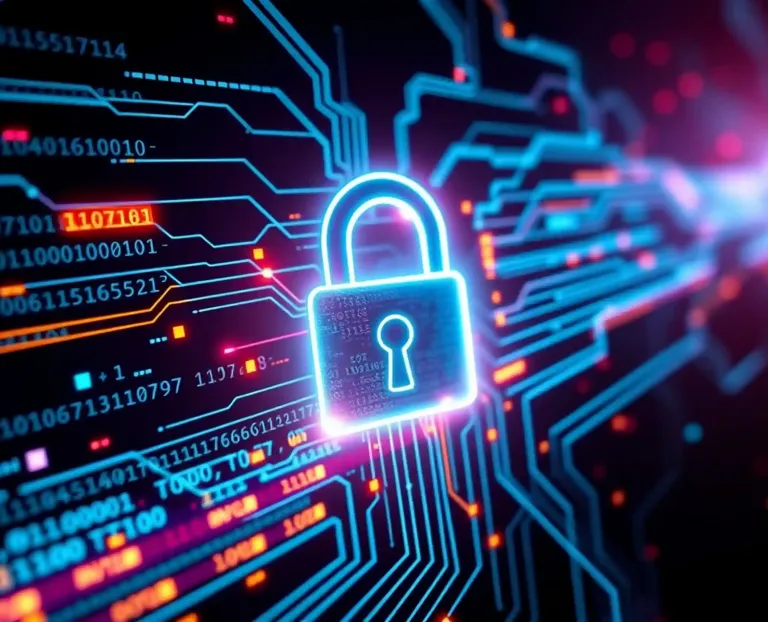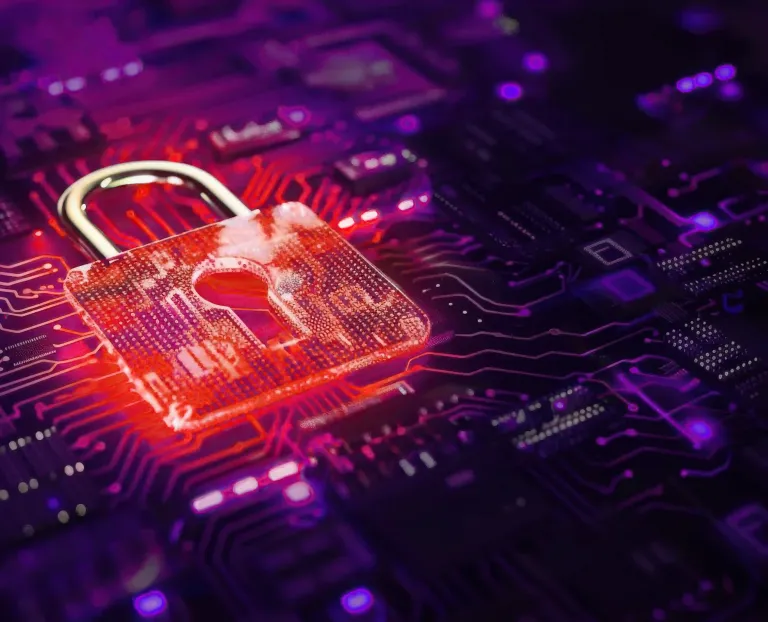Cyber risk is taxpayer risk: The attack on JLR holds lessons that every organisation- and taxpayer must pay attention to
From the iconic E-Type Jaguar to images of the late Queen driving modern Range Rovers on her estate, JLR has long held a uniquely British place in the national consciousness, even under Tata ownership. Yet the company’s true role in the UK economy has been brought into sharp focus by the recent cyber security attack.
How the JLR Cyber Attack Unfolded
The ransomware incident started on 31st August and comes several months after other large well-known UK based organisations were affected by the cyber incidents causing significant operational disruption, including the Coop, and M&S. The JLR incident is thought to be “Scattered Lapsus Hunters”, a related but separate group from those that claimed responsibility for the incidents that massively impacted customers and suppliers of M&S and Coop. What sets the JLR case apart, however, is that the full extent of the disruption is only now becoming clear. Unlike previous incidents, this attack has had an explicit and direct impact on the company’s supply chain, sending shockwaves through the many organisations that depend on JLR’s operations.
The economic impact of halted production
When the cyber incident struck JLR, production was halted and remains paused. According to The Telegraph, this equates to an estimated daily loss of £72 million in sales (around £5 million in profit). However, the wider impact of the production stoppage is only now becoming fully apparent across JLR’s extensive supply chain.
Hundreds of suppliers are at risk, with government support potentially in the form of “Covid-style loans” being proposed to prevent widespread business collapse. The vulnerability is particularly acute among SMEs, many of which lack the financial resilience to withstand a prolonged halt in revenue from their key customer.
It is well-documented that recovery from a major cyber incident can take months. For organisations embedded in such critical supply chains, the consequences of delayed recovery extend far beyond the affected company, threatening systemic economic disruption.
Why the JLR cyber attack matters
The JLR incident represents the first known case where a cyber security event has potentially required the UK Government to intervene with financial support for affected organisations. Some direct suppliers to JLR have already acted to mitigate the financial impact, including placing thousands of employees on leave.
Many of these suppliers are SMEs, around 50% of which are UK-based. Without revenue from their key customer, many are unlikely to be able to extend lines of credit to sustain operations. In this context, government support may be necessary to prevent the collapse of vulnerable suppliers caused by the production pause.
The scale of potential impact is significant. An estimated 250,000 people in the UK are employed within the JLR supply chain. JLR themselves project a £18 billion contribution to the UK economy in 2024, underscoring the systemic importance of both the company and its suppliers.
Key lessons and takeaways
- For the first time, it is necessary to assess cyber risk in the context of wider, country-level economic damage rather than limiting assessments to organisational losses, regulatory fines, or compliance issues.
A significant incident could impair the ability of SMEs within the JLR supply chain to service their debts, with knock-on effects for financial services organisations exposed to those businesses.
- An incident that halts critical revenue-generating operations can create unforeseen short-term shocks across both first- and third-party businesses. Failure to build, nurture, and embed resilient supply chains exposes every organisation within them to heightened risk.
- Taxpayers now have a vested interest in robust, resilient, and secure organisations.
- It is time that cyber security risk is viewed as it should be - as a multiplying risk and one which affects wider risk including liquidity risk, as such it is vital that organisations, investors, creditors and taxpayers appreciate it for what it is.








